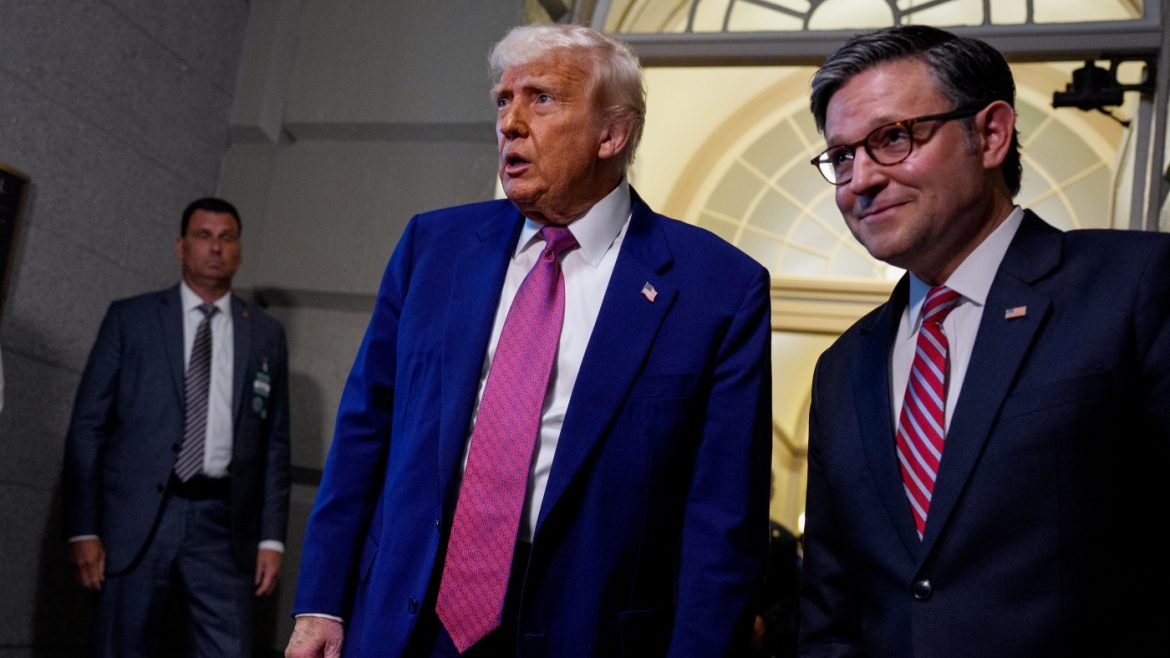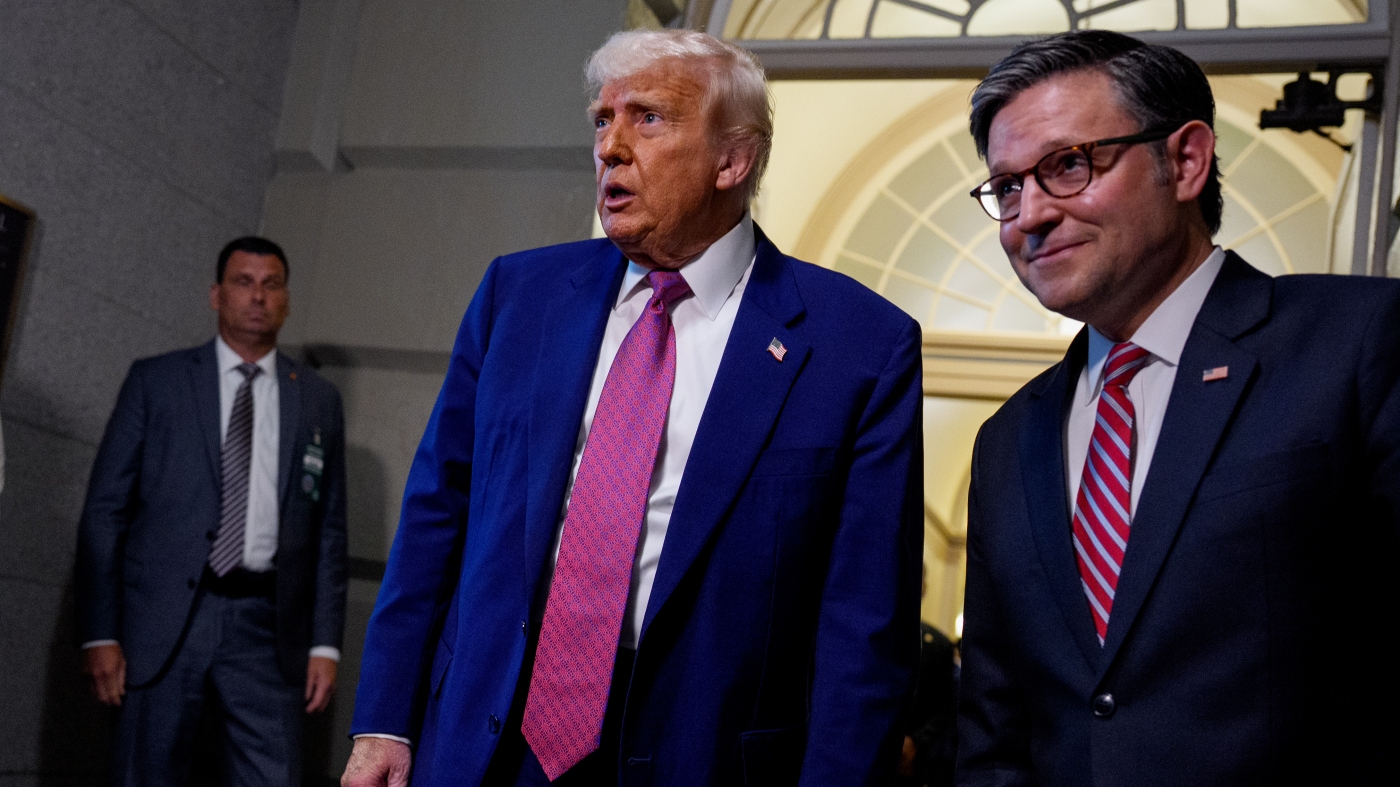South Africa-U.S. Relations: A Complex Intersection of Politics and Policy
The upcoming visit of South African President Cyril Ramaphosa to the White House marks a critical juncture amid notably strained diplomatic ties with the United States. Scheduled for May 21, 2025, this meeting with U.S. President Donald Trump aims to address multifaceted tensions and explore avenues for resetting bilateral relations at a moment fraught with controversy and political divergence.
Diplomatic Strains and Political Frictions
Relations between the U.S. and South Africa have deteriorated to their lowest point since apartheid’s end, underscored by a series of public disputes and policy actions. President Trump’s administration has taken a notably confrontational stance, accusing the South African government of enacting “racist laws” against white populations and exacerbating violence against white farmers. While South African officials have condemned the violence, they maintain it reflects broader national challenges rather than targeted oppression.
This rhetoric has translated into tangible diplomatic consequences: the U.S. expelled South Africa’s ambassador and cut aid funding earlier in the year, actions that underscore the administration’s dissatisfaction and intent to pressure Pretoria for policy changes. Notably, Trump has publicly declared a form of “genocide” against white farmers—a characterization consistently rejected by South African leadership, including Ramaphosa, who in his annual address stressed that South Africa would “not be bullied.”
Refugee Policy Controversy: Afrikaner Resettlement
One of the most contentious issues complicating the bilateral relationship is the Trump administration’s decision to grant refugee status to approximately 59 white South Africans, primarily Afrikaner farmers claiming persecution. This move diverges sharply from the U.S.’s general refugee policy, as the Trump administration largely curtailed refugee admissions while carving out a unique pathway for this group.
The Afrikaner refugee resettlement has sparked diplomatic unease. The South African government views it as an interference in internal affairs, complicating trust and diplomatic goodwill. The underlying narrative of persecution advanced by the Trump administration is disputed by Pretoria, which argues the refugee designation exaggerates isolated incidents of violence rather than representing systemic targeting.
Business and Economic Dimensions
Beyond the contentious human rights and refugee issues, President Ramaphosa’s visit includes efforts to promote economic ties, notably discussing new business opportunities involving Elon Musk’s companies. South Africa, as Africa’s largest economy, seeks to leverage this engagement to attract investment and facilitate growth, aiming to pivot conversations toward mutual economic interests despite political frictions.
These economic overtures might serve as a foundation for a more pragmatic partnership; however, the success of such initiatives depends heavily on resolving or at least managing the outstanding political and diplomatic disputes that currently dampen the relationship’s tone.
The Domestic American Political Context: GOP Division
Coinciding with the South African president’s visit is considerable division within the U.S. House Republican caucus over President Trump’s massive tax and immigration bill. Trump has engaged in direct appeals to House Republicans, warning dissenters that opposition risks a “tax increase” and potentially endanger their political futures.
The bill, described by Trump as “big and beautiful,” encounters resistance rooted in ideological disputes over government-funded welfare, tax regimes, and immigration policy. This internal GOP struggle complicates the political environment, potentially limiting the administration’s bandwidth to engage decently on foreign policy matters like the South Africa relationship.
The Meeting’s Broader Significance
Ramaphosa’s upcoming meeting with Trump is thus poised at the intersection of contested domestic and international issues: addressing allegations of human rights abuses, the controversial refugee resettlement, strained diplomatic relations, and broader U.S. political turbulence.
For South Africa, this visit represents an opportunity to assert sovereignty against perceived bullying and reframe mutual engagement from accusations toward constructive dialogue. For the United States, it is a moment to balance domestic political pressures with international credibility, especially as the administration faces scrutiny over its handling of human rights and refugee policies.
Conclusion: Charting a Path Forward
The diplomatic encounter between Presidents Ramaphosa and Trump symbolizes the challenging path for U.S.-South Africa relations amid deeply polarized politics and divergent narratives. While the refugee resettlement controversy and accusations of systemic injustice cast long shadows, there remains potential for dialogue to pivot toward cooperation, especially in economic spheres.
Navigating this fraught landscape will require both leaders to reconcile political rhetoric with pragmatic diplomacy, seeking common ground without sacrificing national dignity. The outcome of this meeting may well set the tone for future engagement, signaling either a reset toward partnership or a continuation of discord in an already fragile bilateral relationship.


